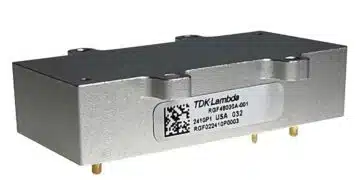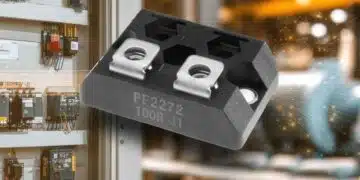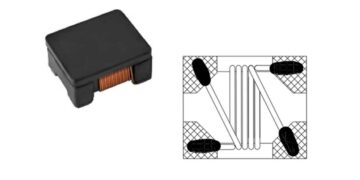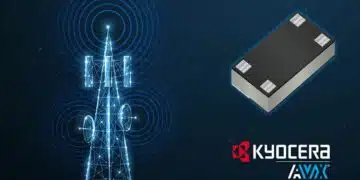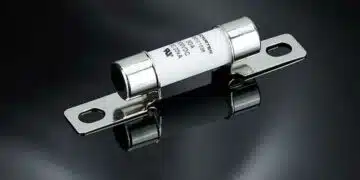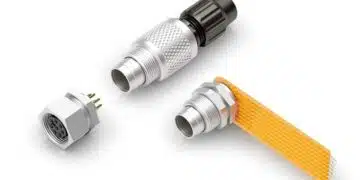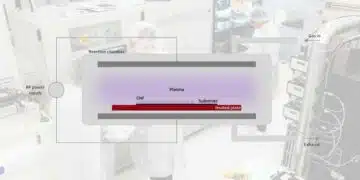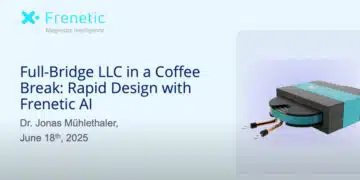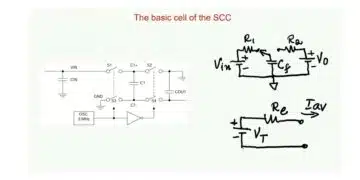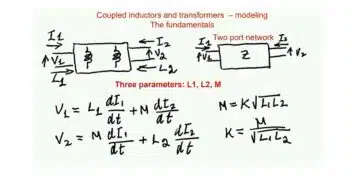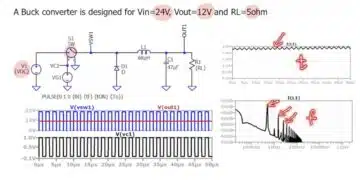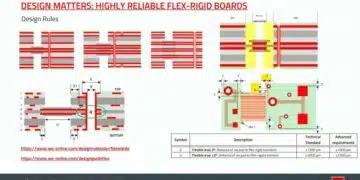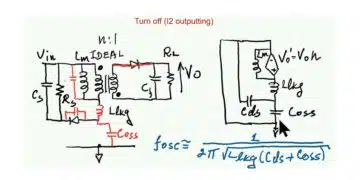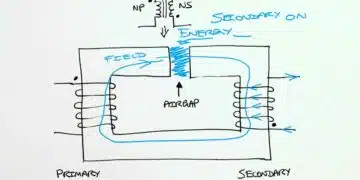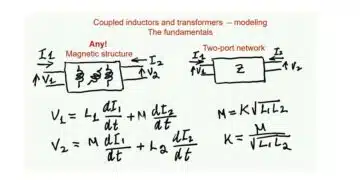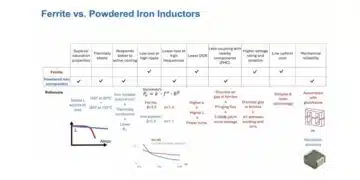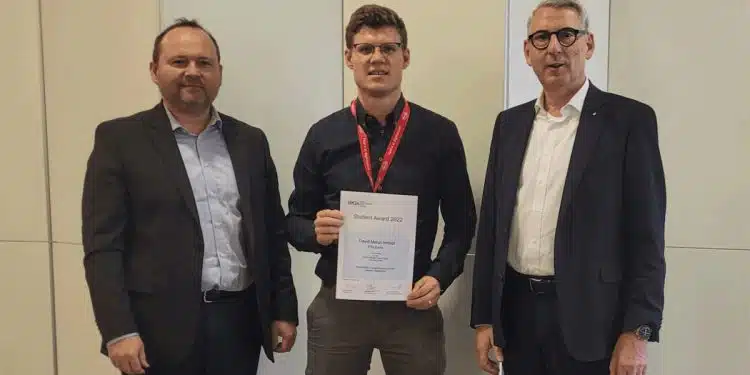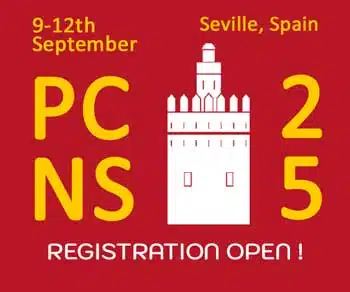Dr David Menzi from ETH Zurich has been awarded with the European Passive Components Industry Association (EPCIA) Student Award for his outstanding PhD thesis at electronica 2022 in Munich.
The EPCIA Student Award Committee assessed the PhD thesis of Dr Menzi as an outstanding academic work in the area of electronic passive components. The award is granted with € 5,000.
Within the context of the ECPE lighthouse project “Ultra-compact 12 kW / 1200 V SiC Y-Inverter”, and as part of his PhD research, an innovative variable speed drive inverter system with buck-boost functionality and full-sinewave output filter has been developed by Dr Menzi. This new concept is making best use of both advanced semiconductors (wide-bandgap, WBG) as well as very advanced passive components such as capacitors and magnetic components, in order to achieve extremely high power density and outstanding efficiency in the area of drives.
Dr. David Menzi is postdoc at the Power Electronic Systems Laboratory (PES) of ETH Zürich, his research paper entitled “Novel iGSE-C Loss Modeling of X7R Ceramic Capacitors” was published in the IEEE Transactions on Power Electronics.
EPCIA represents and promotes the common interests of the European Passive Components Manufacturers. Ralph Bronold, President of EPCIA, underlined the great importance of such R&D projects for the passive components industry and likes to encourage students across all European universities to work in this area and eventually to apply for the EPCIA students award in 2023.
For all future applicants: EPCIA is granting the Student Award annually and is looking forward to receiving more theses related or papers to passive components.
The EPCIA Student Award grants all students – graduate and PhD candidates – the possibility to attend a conference and present their thesis on passive components to an expert audience. The Award is initiated and granted by the European Passive Component Industry Association (EPCIA), together with the European Center for Power Electronics (ECPE) and the European Passive Components Institute (EPCI). All students (graduate and PhD) interested in passive components are invited to apply.
All details related to the EPCIA Student Award can be found on the EPCIA website: https://www.eusemiconductors.eu/epcia/epcia-student-award
EPCI as a proud partner of EPCIA, organizes its bi-annual PCNS, Passive Components Networking Symposium on September 11-14th 2023, hosted by SDU University in Sonderborg, Denmark. Call for paper abstracts to be announced early 2023. All students are invited to apply for the EPCIA student award to be granted for PCNS attendance.


